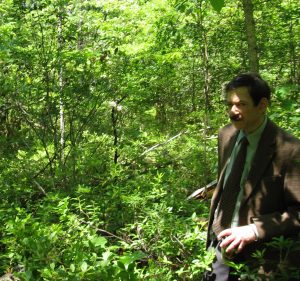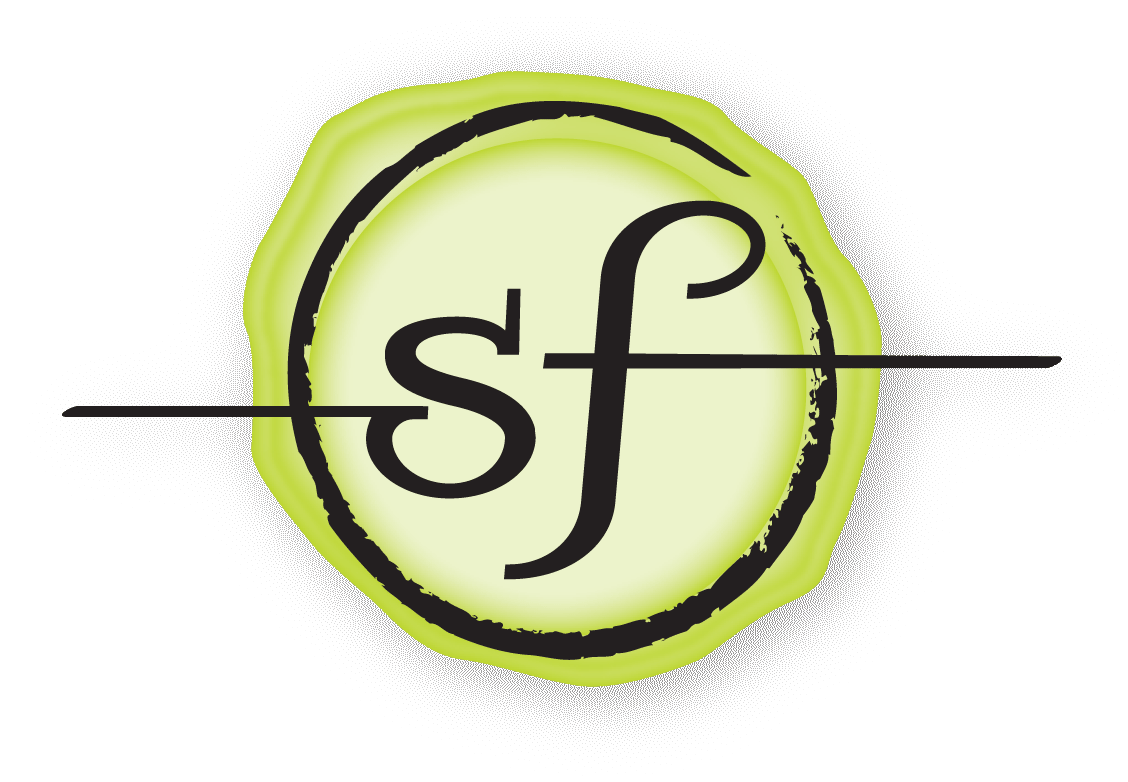Somewhere along the line, I won the mentor lottery. Wonderful, generous people have taken me under their wing at key moments of my career. They have patiently and subtly guided me through various stages of my development, and I still call on many of them quite frequently for advice and feedback.

While it seems like something of a long shot that I could ever replicate their calm, cool counsel, I am nevertheless aware of the debt I owe my elders, and as a result, I do seek out opportunities to meet newer members of our profession and take an interest in their journeys.
That comes into play most often with the students of the Indiana University Department of History (my PhD alma mater). The history department is now one of my clients, and I work with faculty and staff to provide career programming for history students. For the undergraduate history majors, I coordinate the department’s internship program, building relationships with the local history organizations that serve as internship sites, encouraging students to take the skills they’re learning in the classroom and apply them to off-campus work environments, and ensuring that all this match-making results in consistent and high-quality experiences for both intern and supervisor.
My work with graduate students is a little more involved. I am part of a larger effort within IU and the history department to prepare history graduate students for a range of careers that will use the research, writing, and analytical skills they are developing as young historians. This upcoming week, the department will welcome its latest cohort of graduate students, during a series of orientation activities held in advance of the start of classes.
I will be speaking with the students on their very first day of orientation, reminding them that career preparation is a crucial part of their graduate education and alerting them to the range of professional opportunities—not just the professoriate—that they might pursue. This talk aims to introduce them to a departmental culture that prizes versatility and an academic year that will include a range of workshops and encounters designed to increase their knowledge of the work world.
Also this week, I will have the opportunity to speak to the graduate students in the public history program at IU-Bloomington’s sister campus in Indianapolis, IUPUI. Before the start of each school year, the IUPUI program hosts a one-day career development and networking event for current graduate students and local alumni, and I will be giving this year’s keynote address. In my presentation, “Pulling Back the Curtain and Changing the Lens: Current Metaphors of Public History,” I will discuss the ways that my work with LGBTQ history has introduced me to new historical methods, and I will explore their applicability to the wider discipline of public history.
With these various efforts, I have a chance to share some of the insight I’ve gained during my career, while also meeting some of my future colleagues and staying involved in a rich conversation drawn from a range of generational perspectives.
And I have my mentors to thank for showing me how it’s done.
